Our latest newsletter: Questions of Civic Proportions on Juneteenth as an invitation
Questions of Civic Proportions: Where do the words we all know get their power?
You might think it happens when we all know the same words. Of course, it starts with that shared text. But it’s easy to mumble through the same tune without thinking much about the words or their meaning.
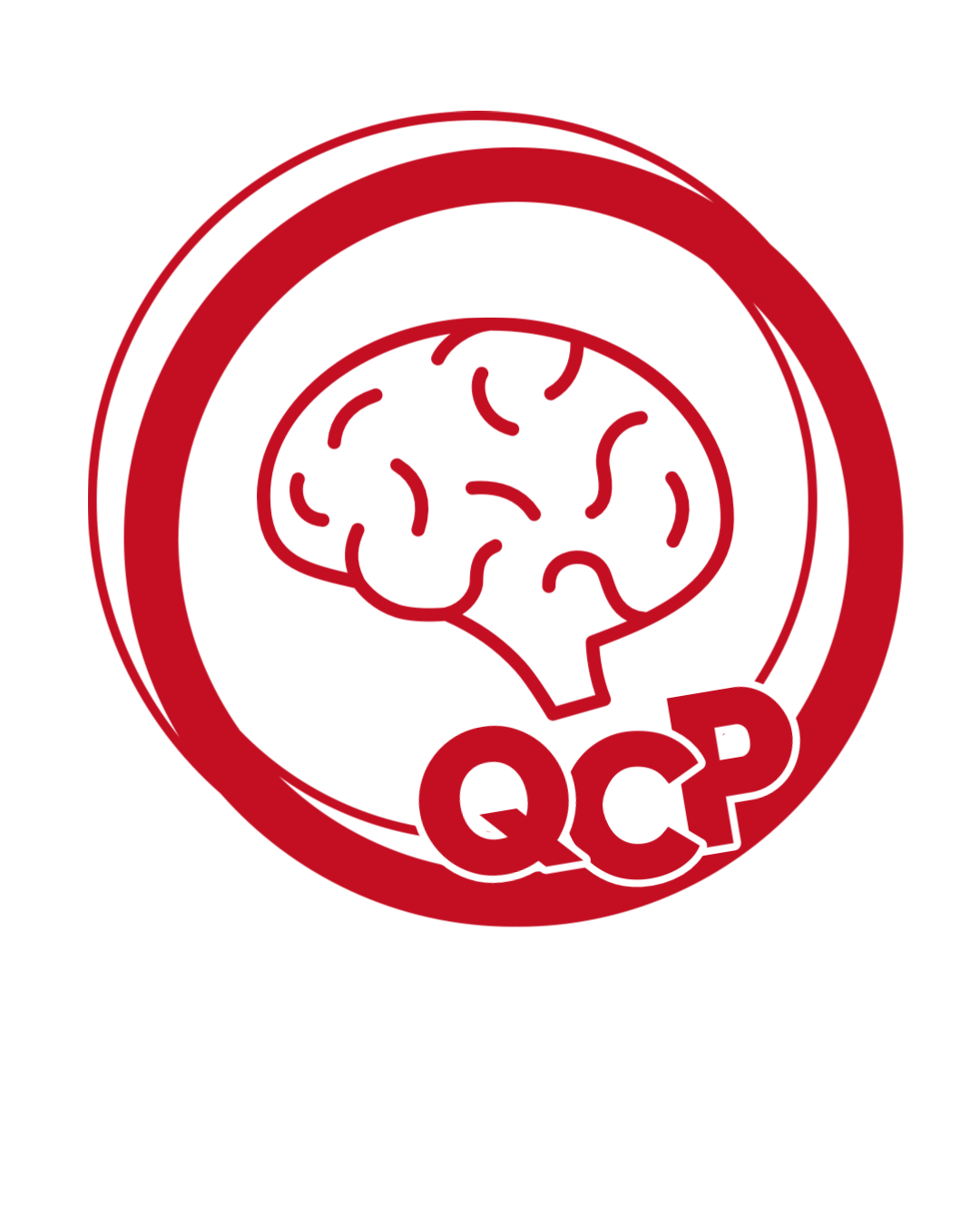
A read we recommended in that newsletter:
Byron, Shelley, and Now Zelensky
To appreciate the special power of the Ukrainian president, we need to listen closely to his words, and remember the inspiring poets who came before him.

The connection to American Political Thought may not be obvious, but Susan Wolfson has written an excellent essay on the "public electricity of words." However you celebrate the 4th of July, we all know that some words, or collections of words, make a world of difference.
Our Latest Post: A new title for anyone who reads like it's a civic duty.
Read what we learned by reading Heather McGhee's book The Sum of Us: What Racism Costs Us and How We can All Propser Together.
The Sum of Us: The Irrational Math of Race, Voting, and the Public Good
We have all asked the same question. Or someone has asked us to answer it. Why do so many smart people vote against their interests?

Here's why we believe reading is a civic duty:
What Makes Reading a Civic Duty?
Books have lost their audience.The trend is a downward slope no one expects to turn around. Every year, fewer and fewer people report having finished a book. Our lists of leisure time pursuits often do not include “reading a book.”
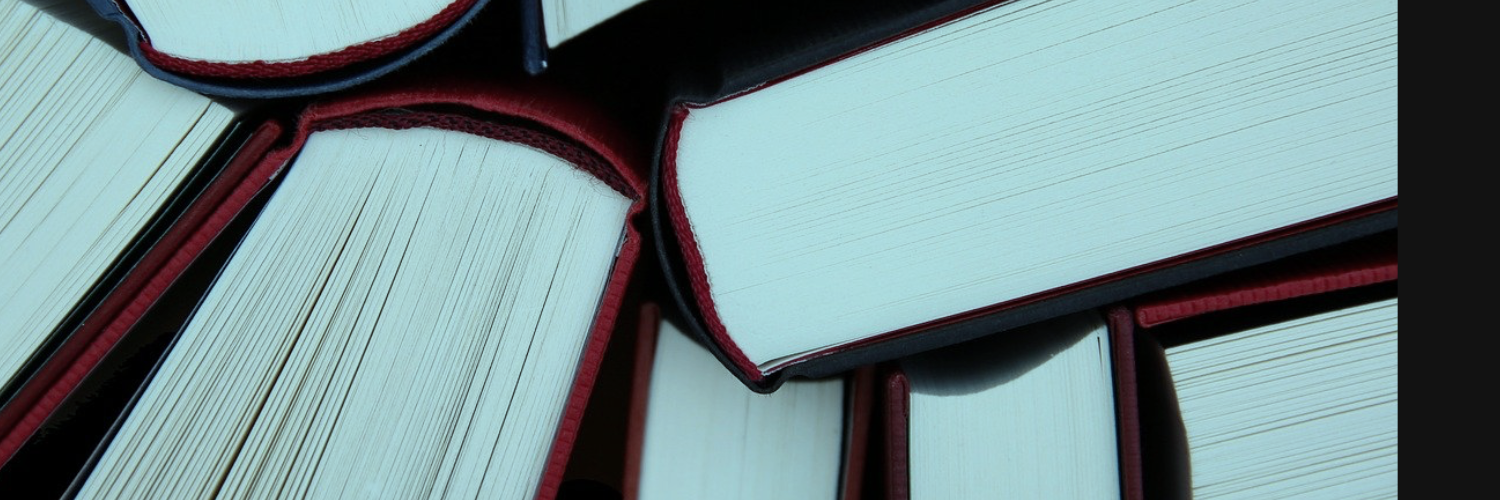
Let’s make it easier to start thinking together.
We designed our Questions of Civic Proportions Newsletter to help you tune your attention to the questions, ideas, and good work of a political life worth sharing. Subscribe to get a copy and let us know what you think.
We will never share your address or any other information without your permission.
More Questions of Civic Proportions
Questions of Civic Proportions: Is Juneteenth about more than remembering one moment in time?
“More than” might be the best phrase for reflecting on Juneteenth. These weeks between Juneteenth and July 4, our Civic Season, urge us to reflect on the distance between our principles and practices. When we make this a habit of mind, we engage the potential of the American people.
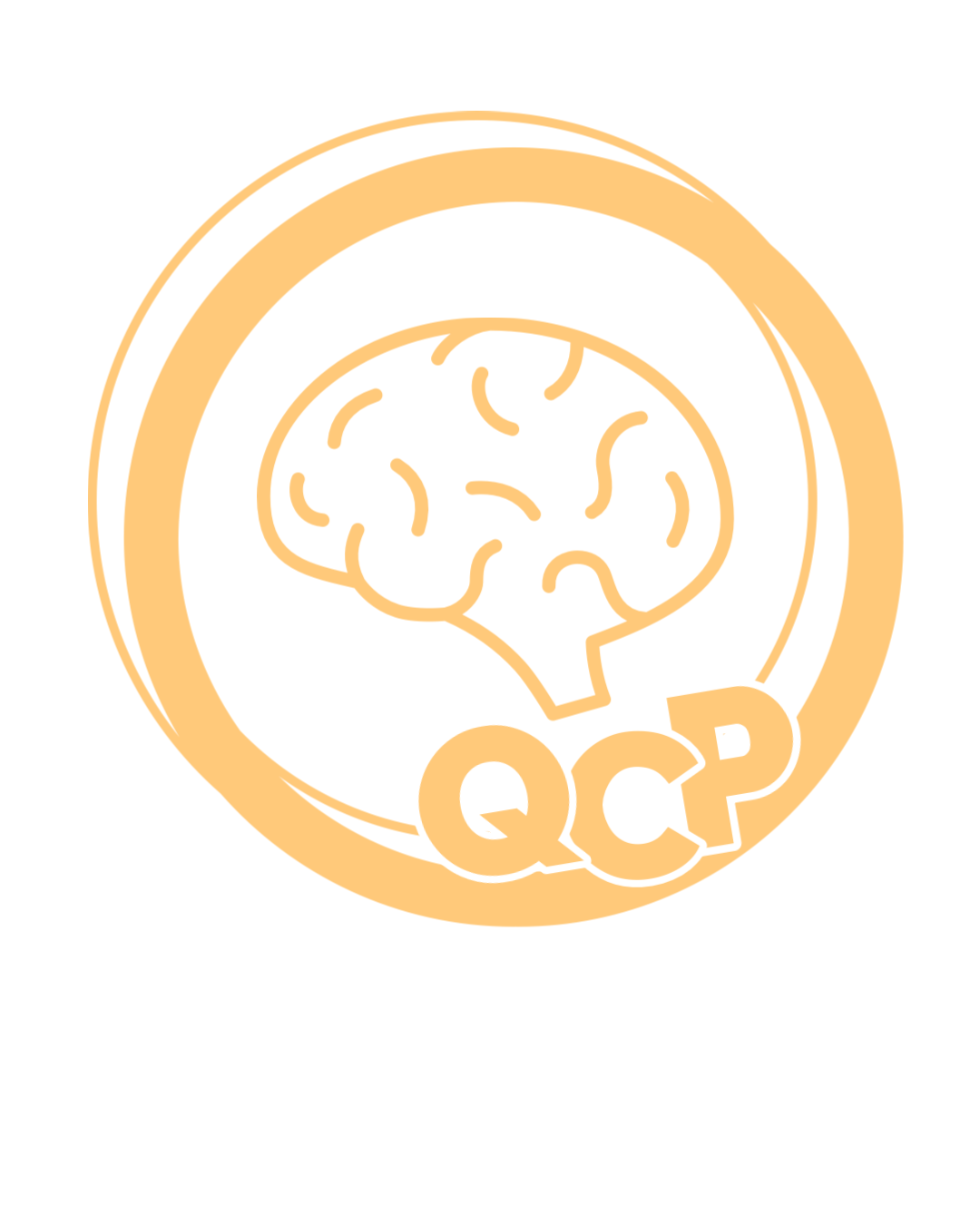
Questions of Civic Proportions: Will we remember how to heal ourselves?
Last week marks another moment when all our magazine covers and front pages went black. Most articles included a familiar question, “Will anything change this time?”
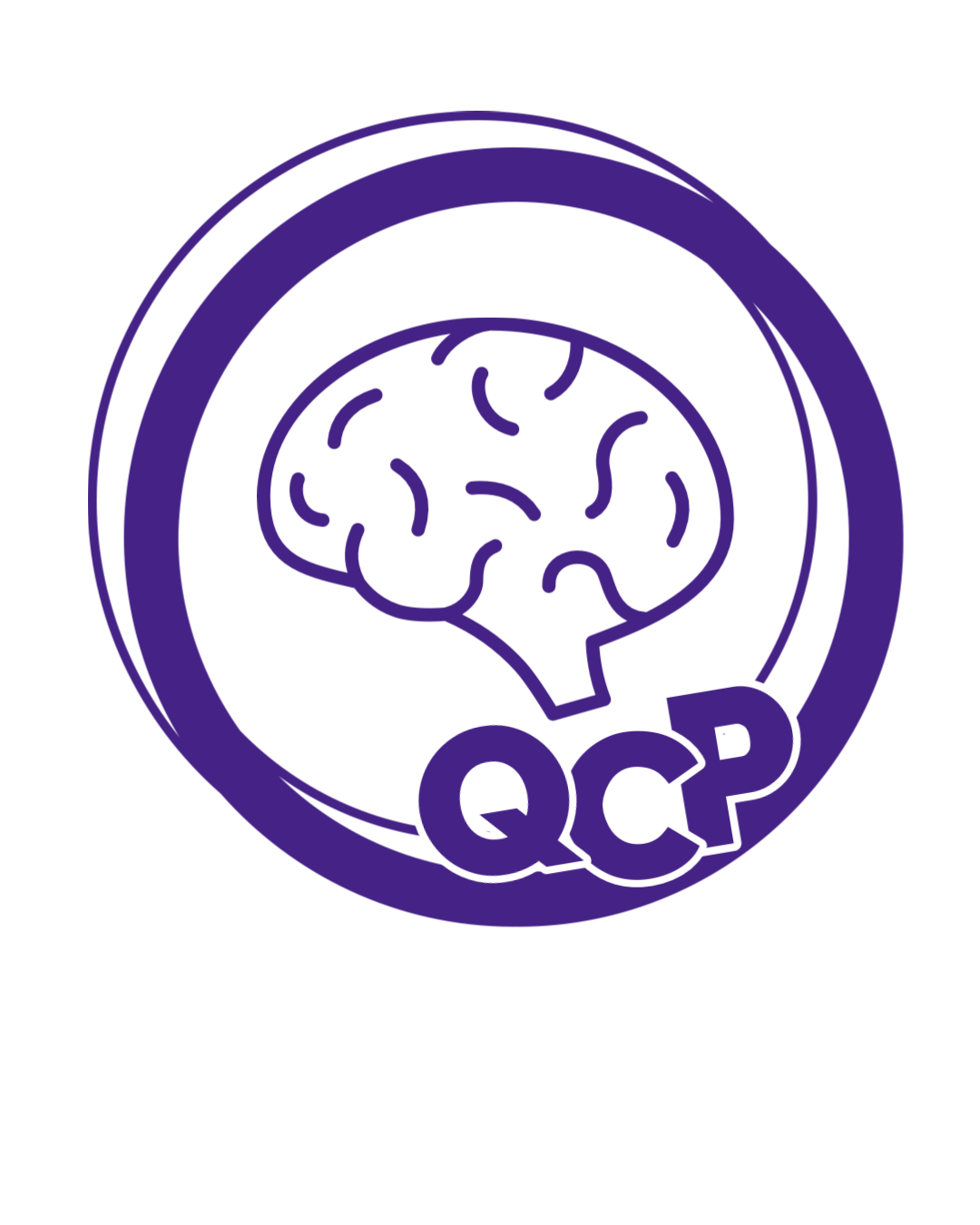
Questions of Civic Proportions: What makes a thousand answers better than one?
Thousands of answers, and you could be one. That’s the superpower of being undecided or, at least, holding that position as part of the decision-making process. You remain open to seeing what’s possible.
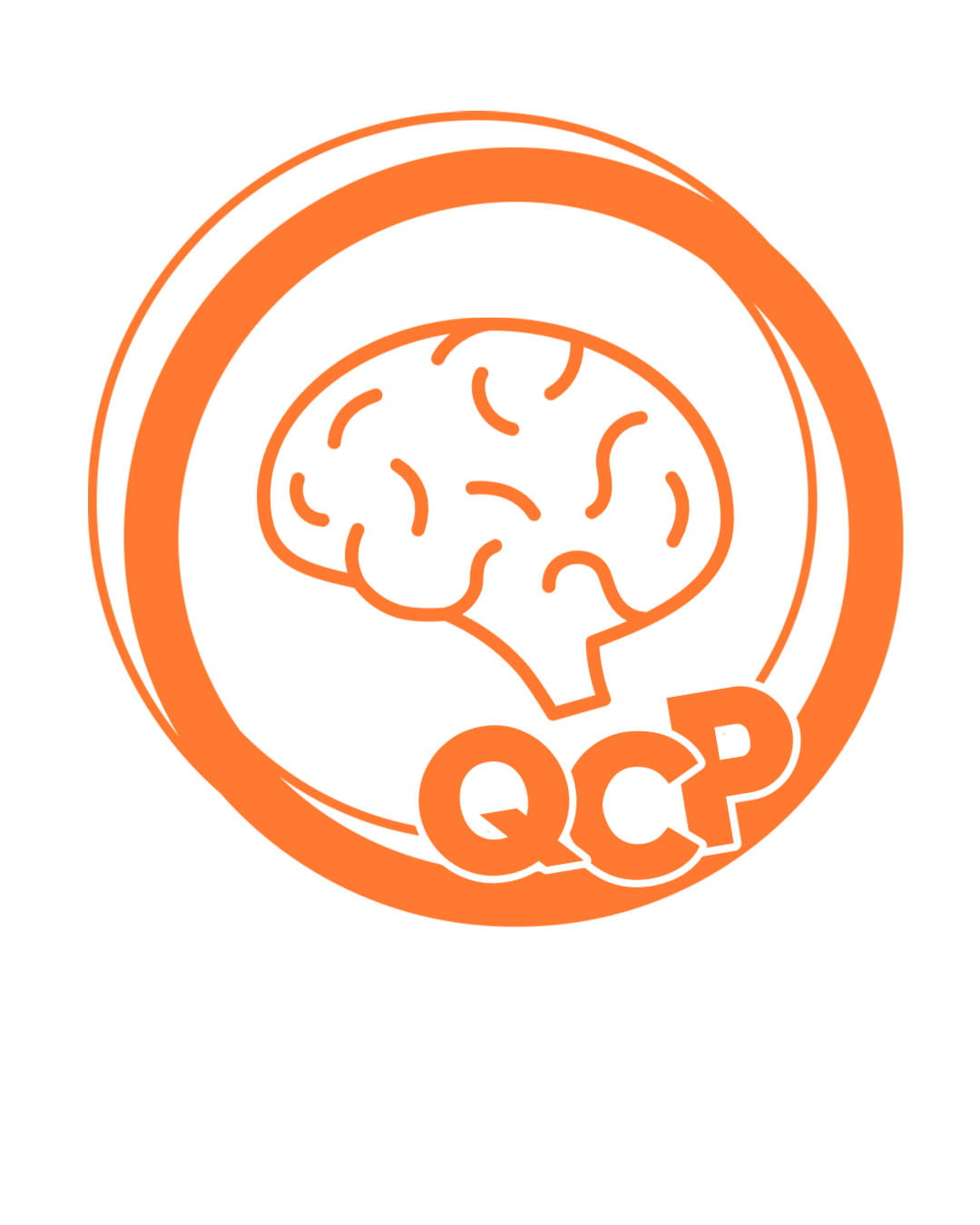
Questions of Civic Proportions: Will the undecided save democracy?
Look around you. We live in a world shaped by “structural stupidity.” Or at least that’s how Jonathan Haidt understands the problem of our “enhanced-virality social networks.”
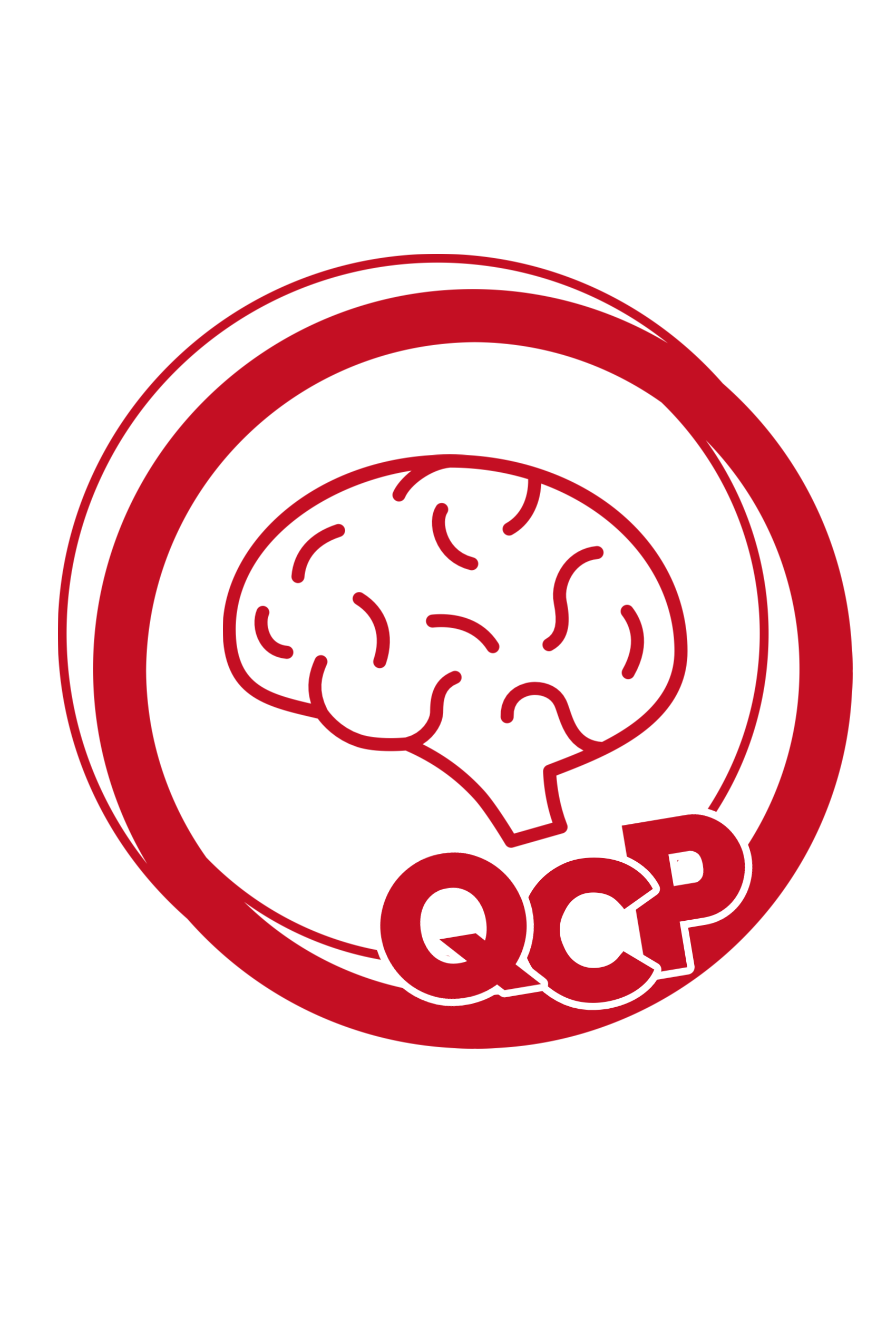
Questions of Civic Proportions: Can we act now to protect a livable future?
Hurry now! Act quick! This deal won’t last long! That’s what a manufactured sense of urgency sounds like, and we all know it works. Despite this disposition, we know that the failure of urgent calls to action is what best explains the state of our global climate today.
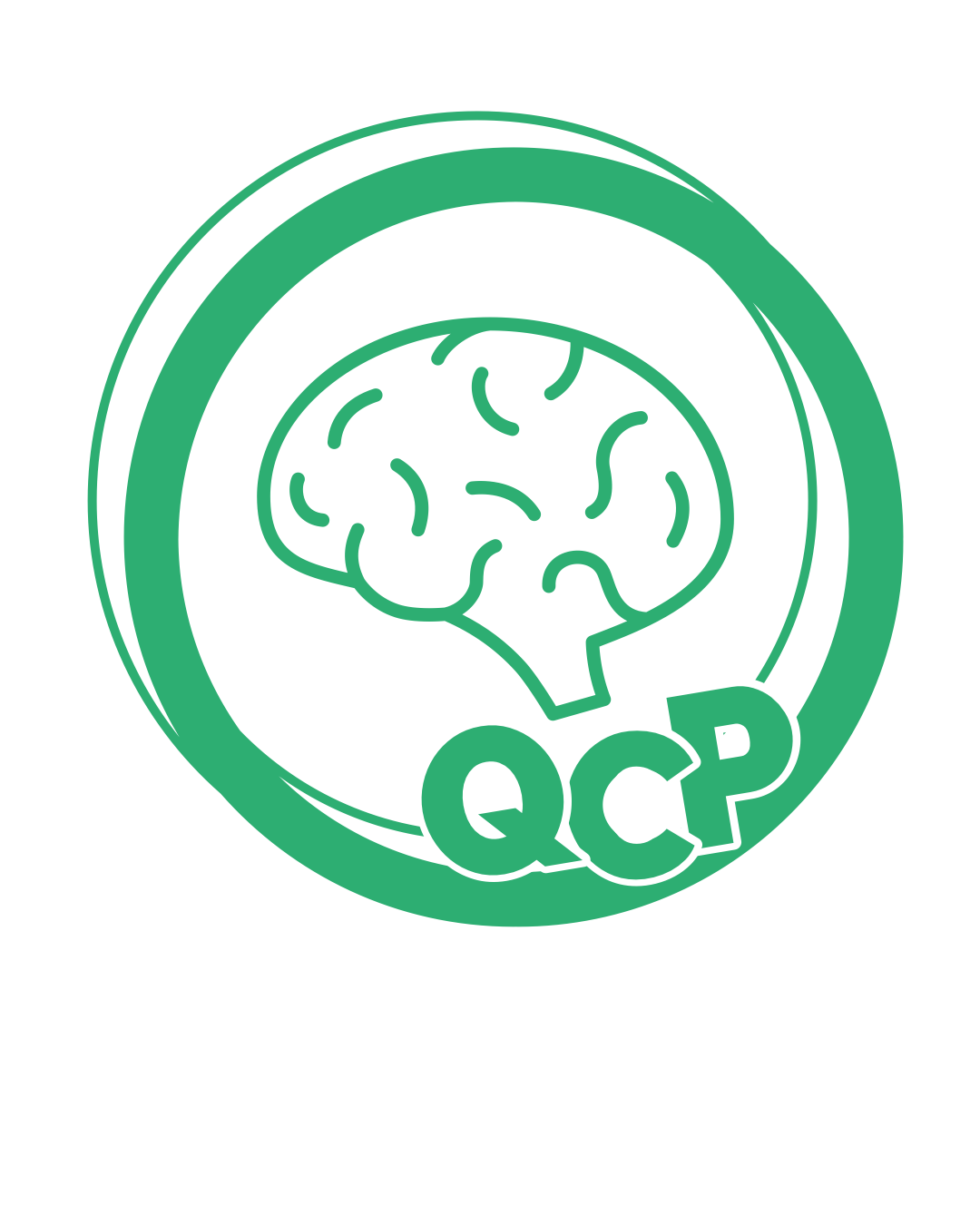
Questions of Civic Proportions: What don’t we understand about power (and gender)?
Who does the laundry at your house? That’s a question that a U.S. Senator asked a woman during her confirmation hearing to serve on the Supreme Court. I think the cringe-response to this exchange between Senator John Kennedy and Justice Amy Coney Barrett crossed party lines.

Questions of Civic Proportions: Where’s the power in the story of who we are?
The stories we tell have incredible power. They become a part of how we think; They begin to shape what we stand for. This, of course, is why we fight over them too. We have a shared belief that it’s vital to get the story right.

Questions of Civic Proportions: Is the American origin story big enough for all of us?
When we recast the origin story of the United States as an unfinished revolution, we reveal a whole cast of heroes we can rally around. The principles they worked to make real also become more central to understanding the story.



